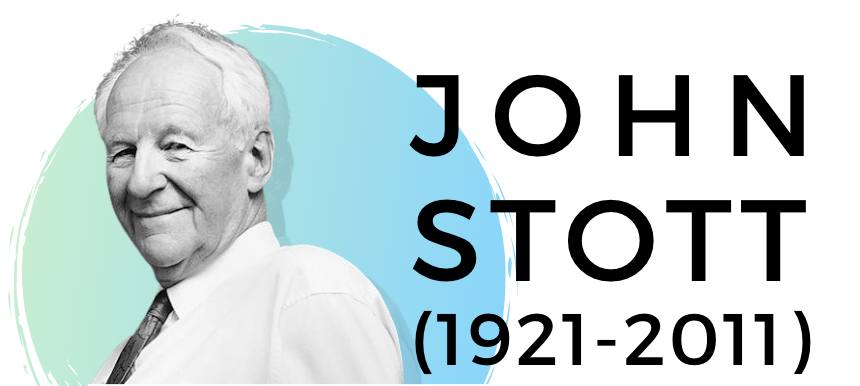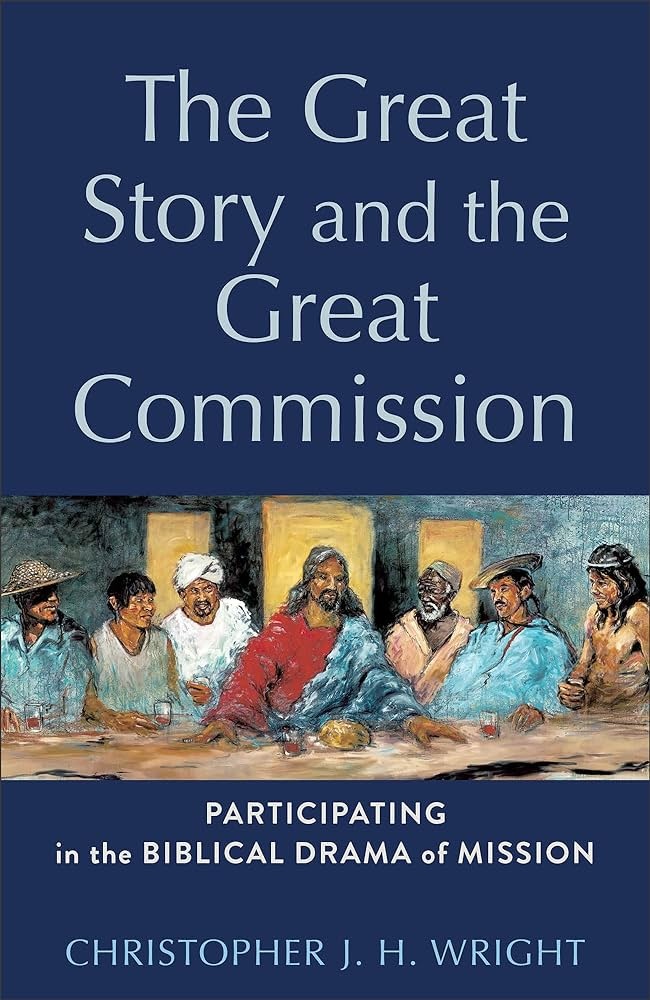John Stott and His Contribution to an Evangelical Analysis of Roman Catholicism
By Leonardo do Chirico
The following excerpt comes from an article that first appeared on Vatican Files, a blog featuring evangelical theological perspectives on Roman Catholicism.
(Summary of a lecture held in Rome at the Istituto di Cultura Evangelica e Documentazione on 12 June 2021 as part of the series “1921-2021: The Evangelical Faith Between Yesterday and Tomorrow” marking John Stott’s centenary. I wish to thank my friend and colleague Reid Karr for sharing the responsibility of the lecture, especially as far as the second section is concerned.)
John Stott’s international stature and influence on the evangelical movement of the 20th century have been widely recognized and appreciated. His global standing in present-day evangelicalism makes him a towering figure also to be consulted on the relationship between the evangelical faith and Roman Catholicism. By helping post-World War II evangelicals to regroup around the biblical gospel and for the Christian mission, Stott also had a role (albeit not a primary one) in influencing the evangelical reading of Roman Catholicism that emerged from the Second Vatican Council (1962-1965). Stott did not write a book on Catholicism and therefore did not have the opportunity to develop his analysis in an in-depth way. However, there are significant traces in his books and in the initiatives in which he had a leading role that can be assessed. This article will focus on three moments in Stott’s contribution to the evangelical analysis of Roman Catholicism. The first is based on his book Christ the Controversialist (1970), the second on his involvement in the “Evangelical-Catholic Dialogue on Mission” (ERCDOM 1977-1984), and the third on what is stated on the subject in the “Manila Manifesto” (1989).
The Controversialist
In the cultural climate of the late Sixties that wanted a soft and inclusive Jesus (more of an inspirational friend than the Savior and Lord of our lives), Stott wrote a courageous book for that time. The title is programmatic: Christ the Controversialist: A Study in Some Essentials of Evangelical Religion. The Jesus Christ of the Bible is not a nice guy who gets along with everyone, but one who unites because he divides, who challenges, who unmasks hypocrisies. Stott has three main interlocutors in view: one is theological liberalism that would like a “moral” but not doctrinal Jesus; the other is downward ecumenism that wants unity without truth; and the third (although less treated than the first two) is Roman Catholicism that places the church before Christ. To these deviations, Stott contrasts the evangelical faith which, for him, is nothing but biblical Christianity.
In the aftermath of Vatican II, Stott is aware that Roman Catholicism is in a transition phase. He shows particular attention to the fact that Rome has opened the doors to the circulation of the Bible among the laity, overcoming the age-old resistance to a direct access to Scripture by the faithful. This “greater biblical awareness” can have “incalculable consequences” (p. 79). That said, Stott also points out that Catholicism, although involved in a process of “updating”, has in no way changed any of the anti-Protestant positions of its remote and recent past. What matters most is that the non-biblical practices elevated by Rome to identity markers (e.g. the auricular confession to the priest) are still there. Particularly critical is Stott’s reading of the “Credo of the People of God” which Paul VI promulgated at the conclusion of the Council to emphasize Catholic fidelity to its confessional principles: Mariology, the papacy, and the Mass. For Stott these are “entirely non-biblical traditions” (p. 25).
In addition to this, Stott notes in the texts of Vatican II a series of contradictions due to the reaffirmation of traditional doctrines juxtaposed with expressions that give voice to a previously unknown doctrinal development. Is Roman Catholicism the traditional one or the one being updated? For Stott, Rome is in a state of confusion, a situation that cannot be maintained for long. With these perplexities, Stott believes that the only wish for the future is “a thoroughgoing biblical reformation” (p. 23). This “reformation” has a deconstructive and a constructive part. On the one hand, Rome must abandon its unbiblical beliefs and practices, e.g. its dogmas about the immaculate conception and bodily assumption of Mary; on the other hand, Roman Catholicism must embrace “the doctrines of scriptural supremacy and free justification”. In other words, if Roman Catholicism really wants to take the path of biblical renewal, a commitment attested in words by Vatican II but in fact denied by the post-Council years, then the Reformation that Rome rejected in the 16th century remains a necessity in the 20th.
In Christ the Controversialist John Stott rehearses classic evangelical critique of Roman Catholicism. He is attentive to the dynamics arising from Vatican II, but not impressed by them, and is firmly convinced that the Reformation is the only way for a real change in Rome according to the biblical gospel.
…
To read the rest of the article, visit Vatican Files, where this article first appeared.
…
Leonardo De Chirico (1967) planted and pastored an Evangelical church in Ferrara (northern Italy) from 1997 to 2009. Since 2009 he has been involved in a church planting project in Rome and is now pastor of the church Breccia di Roma (www.brecciadiroma.it ). Additionally, Leonardo is the Director of the Reformanda Initiative, which aims to equip evangelical leaders to better understand and engage with Roman Catholicism, and the leader of the Rome Scholars Network (RSN).


Recent Comments